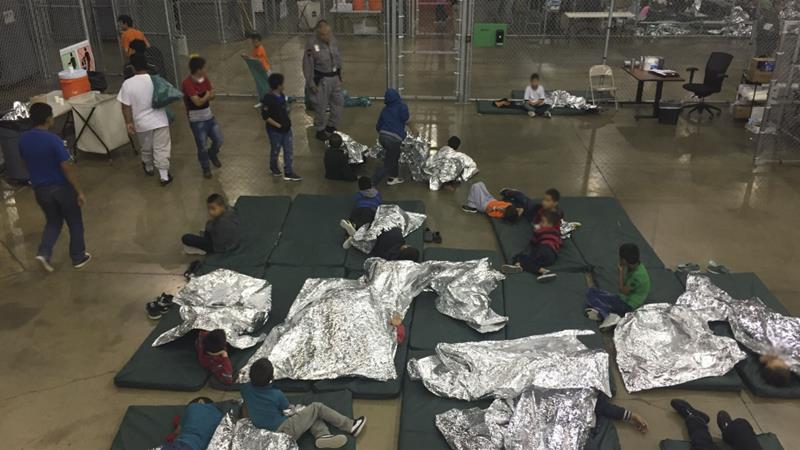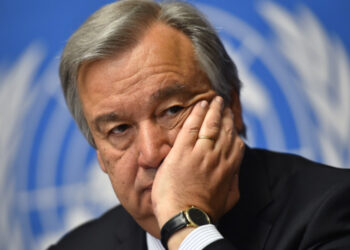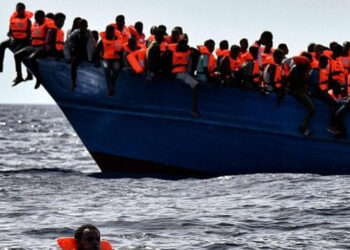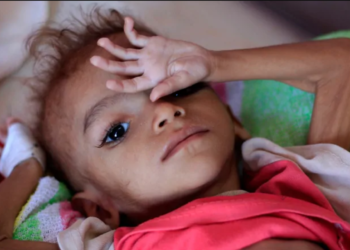A new United Nations study found 1.5 million children are deprived of their liberty each year, prompting a group of 170 non-governmental organizations to call on the U.N. members to drastically reduce the number of detained and confined minors. U.N. Independent Expert Manfred Nowak presented the research to the United Nations General Assembly on Tuesday in New York.
The U.N. Global Study on Children Deprived of Liberty examined children detained in a variety of ways, including immigrant detention, orphanages, prisons, and other institutions as well as those detained during armed conflict.
The study found 410,000 children are held in jails or prisons, 330,000 in immigration detention, and between 430,000 and 680,000 in institutions that meet the legal definition of deprivation of liberty. The study also found children with disabilities to be overrepresented in detention and the number of children detained in armed conflict to have risen sharply.
Because of uneven data collection and reporting, the 1.5 million figure is likely to be an underestimation of the true number of children deprived of liberty each year.
“Children are often detained illegally, unnecessarily, and at great cost to their health and future,” said Alex Kamarotos, director of Defence for Children International and co-chair of the NGO Panel for the Global Study on Children Deprived of Liberty. “The Global Study should prompt every country to adopt new policies and practices to dramatically decrease the number of children who are locked up.”
Children globally are locked up in prisons, immigration detention centres, care institutions, drug treatment centres and mental health facilities. The #GSCDL report calls out the deprivation of children's liberty as a rights violation https://t.co/W898c2MUy3 #EndChildDetention pic.twitter.com/z7vYMQPY9f
— Child Rights International Network – CRIN (@CRINwire) October 8, 2019
According to the study, deprivation of liberty is linked to early child deaths after children are released and can exacerbate existing health conditions in children while creating new health problems like anxiety, depression, and post-traumatic stress.
While Nowak did find progress in some countries which no longer detain children for immigration purposes and others which have taken steps to prevent children from being detained during armed conflicts, he urged states to reduce the number of children in detention and recommended they require deprivation of liberty only be used as a last resort in exceptional cases.
“Detention is fundamentally harmful to children, yet many countries use it as their first response to difficult circumstances, rather than the last,” said Jo Becker, child rights advocacy director for Human Rights Watch and co-chair of the NGO Panel. “Governments should invest in alternatives that not only protect children’s rights but produce much better outcomes for children, families, and society overall.”
























